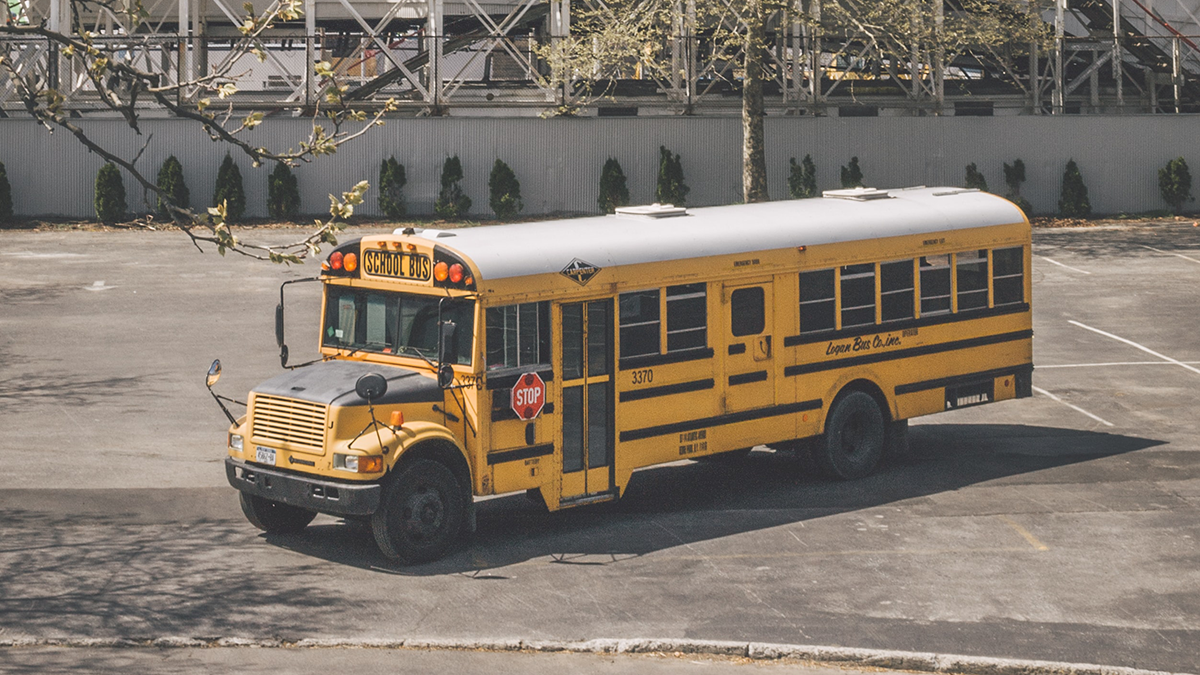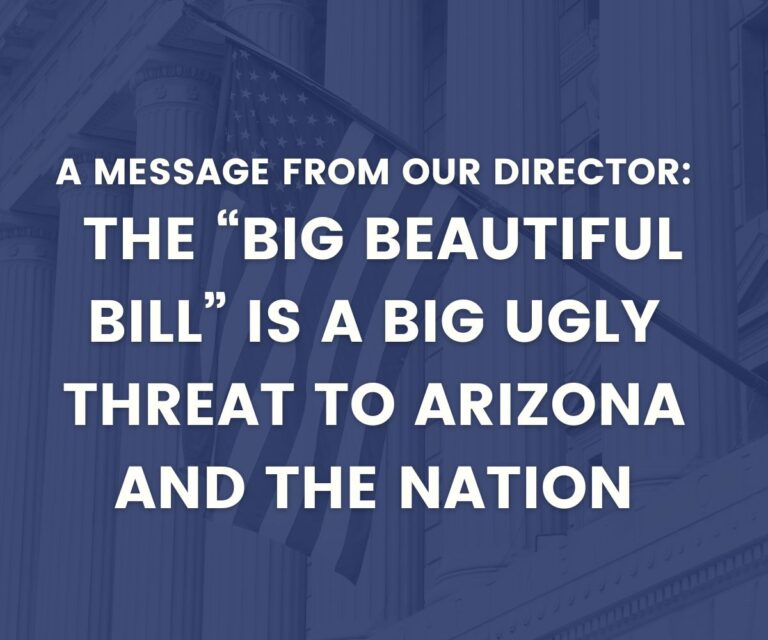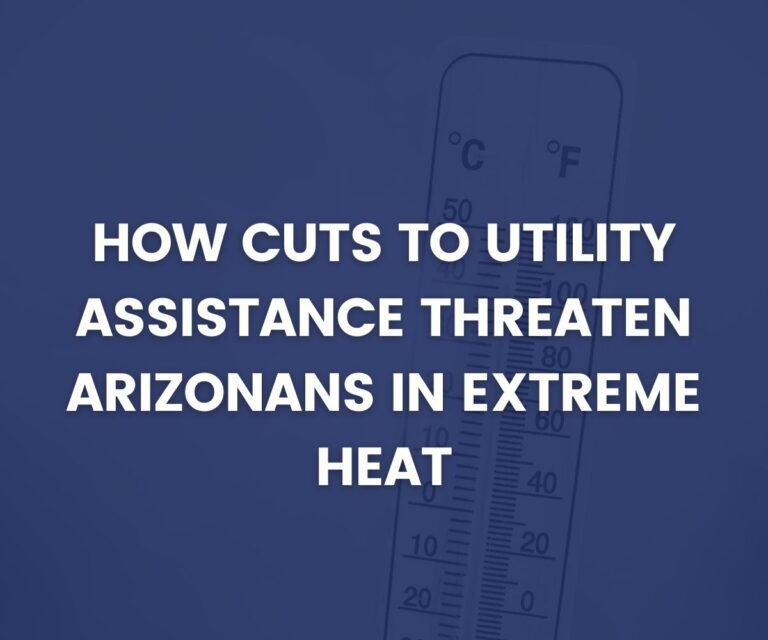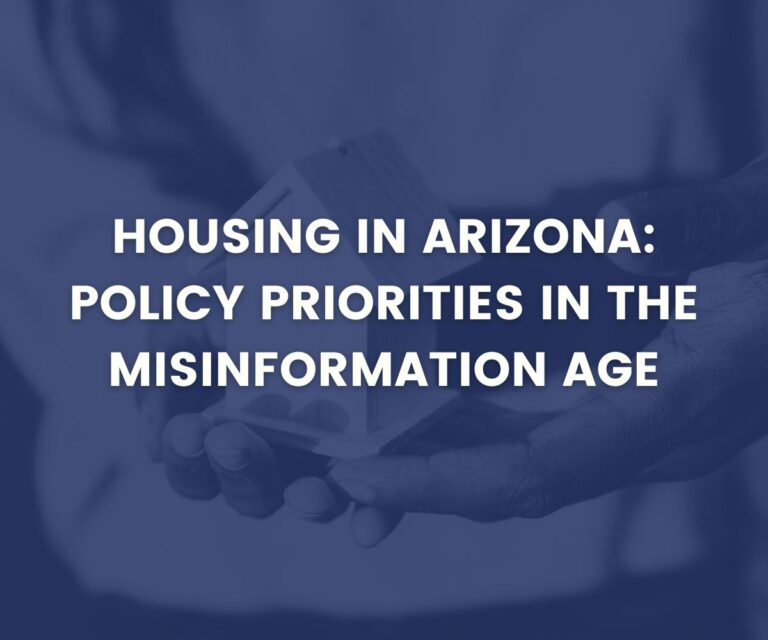
Wrong Priorities: It Doesn’t Make Sense to Give a Tax Cut to the Rich While Arizona Asks Children in Public Schools to Wait
Arizona stands to gain $130 million to $230 million in General Fund revenues if it conforms the Arizona tax code to the federal tax changes enacted in 2017. Rather than directing those additional revenues to better prepare for the next economic downturn or toward increased investments in our public schools, SB1143 and HB2522 will direct the additional revenues toward a tax cut that will benefit the wealthiest Arizonans.
|
SB1143/HB2522 Will Give the Top 1% a State Tax Cut on Top of Their Big Federal Tax Cuts |
AVERAGE FEDERAL TAX CUT |
AVERAGE STATE TAX CUT WITH SB 1143/HB 2522 |
|
Top 1% (Avg. Income, $1.45 Million) |
$50,995 |
$1,174 |
|
Lowest 20% of Earners (Incomes less than $23,668) |
$129 |
$9 |
Source: Institute on Taxation & Economic Policy
Arizona Has Greater Needs for the Increased Revenue Instead of a Tax Cut for the Rich
Restore the Rainy Day Fund
The Pew Charitable Trusts ranks Arizona as one of the least-prepared states for the next recession. The Great Recession of 2008 showed what happens when Arizona enters into a recession unprepared.
Arizona’s public schools and universities incurred the largest funding cuts in the nation. State funding for community colleges in two counties was eliminated. More than a decade later, our P-20 public education system is still dealing with funding that is below 2008 levels.
Given the impossibility of predicting when the next recession will hit, Arizona should prepare for it. Arizona’s rainy-day fund was created to substantially reduce, if not eliminate, the need for spending cuts or revenue enhancements during recessions. Spending reductions during recessions not only diminish the quality and quantity of public services at a time when many Arizonans are most in need of assistance, but also have a depressing effect on an already weak economy. The rainy-day fund is currently $194 million short of being fully funded. No deposit has been made to the fund since FY13.
Most Arizonans will see no increase in their state income taxes as a result of Arizona conforming to the federal tax changes, according to an analysis by the Grand Canyon Institute: “Only the top 1% see an appreciable increase in state income taxes of approximately 10%.”
State of the State 2019: Tax Conformity Brings $200 Million to Improve Schools and Stabilize Budget, Grand Canyon Institute, January 14, 2019
Pay Back the K-12 Rollover
Alternatively, Arizona could use the increased revenue from conformity to pay back a portion of the “K-12 rollover.” The K-12 rollover is a $930 million funding gimmick that was initially instituted during the 2008 Great Recession and results in delayed payments to Arizona’s public schools that push funding for the current school year into the state’s next fiscal year. This gimmick continues year after year until funds are available to reverse it. Paying back the K-12 rollover now will give Arizona another fiscal tool should it need it during the next recession.
Lawmakers Should Oppose SB1143 and HB2522
At a time when we are asking Arizona’s students to wait another three years for the classroom resources that were cut a decade ago, and with Arizona unprepared for the next economic downturn, it simply does not make sense to change our tax code to overwhelmingly benefit the richest Arizonans.
The increased revenue from conformity could also be used to restore the Additional Assistance Funding that was cut from Arizona’s district and charter schools during the budget crisis that followed the Great Recession. This is funding public schools receive to purchase items such as textbooks, curriculum, technology and school buses. Without this funding, public schools have been significantly hampered in providing their students with the resources they need to achieve academic success. Governor Ducey has promised to restore this funding over a five-year period. This year would mark the second year of that restoration effort. Using the increased revenue from conformity, Arizona could give our public schools the resources they need now rather than waiting to restore it over an additional three school years.



